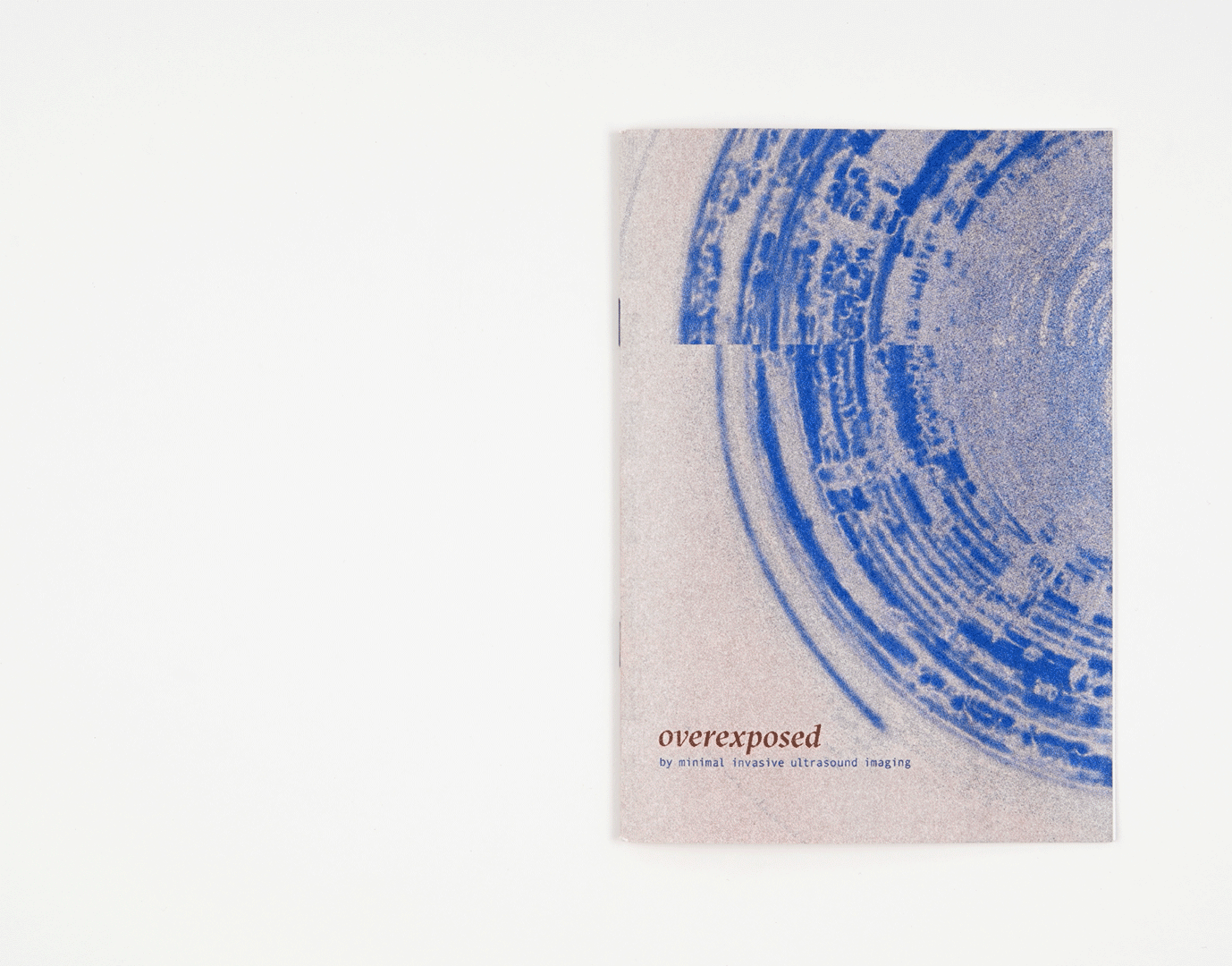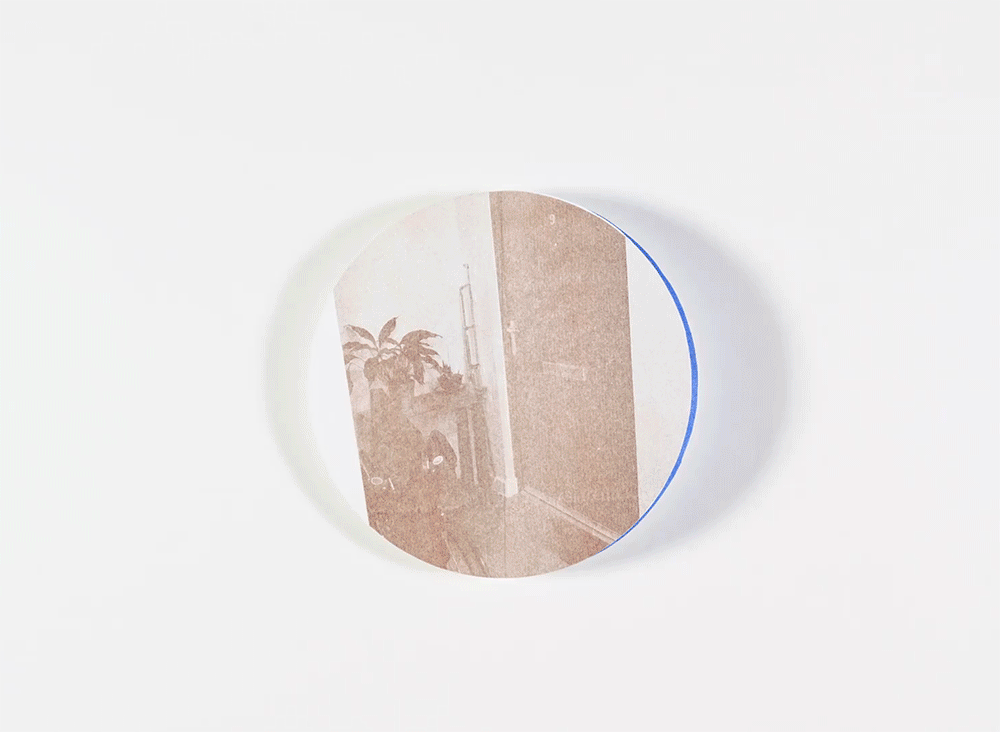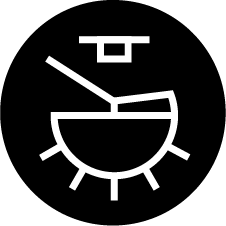workshop | poster | publication | exhibtition
OVEREXPOSED: A VISUAL ESSAY ON THE INVASION OF PRIVACY BY MINIMAL INVASIVE ULTRASOUND IMAGING
Minimally invasive imaging requires accessible instruments and technology to identify and diagnose cardiological, gastrointestinal and pulmonary diseases, as well as improve treatments and guidance. Ultrasound utilises sound and light to combine different information and construct an image and an internal map of the arteries, veins and intestines of a person. At the moment, expensive, single-use and more invasive imaging is being used in patients. As an alternative, micro- and nanotechnologies for transmitting information can enable new studies in the use of small incisions in the patient’s body.

What is invading? and how invasive is this technology?
Ultrasound might be a physically minimal invasive technology in relation to the size of the medical procedure and the miniaturised device. However, these transformed waves generate deep images and intimate information about the patients’ bodies. In terms of medical ethics, ultrasound images could overexpose the person and perform as an invasion of privacy.
Ultrasound might be a physically minimal invasive technology in relation to the size of the medical procedure and the miniaturised device. However, these transformed waves generate deep images and intimate information about the patients’ bodies. In terms of medical ethics, ultrasound images could overexpose the person and perform as an invasion of privacy.
Inspired by Dr. Richard Colchester’s academic research, a data visualisation exploration of privacy in minimal invasive ultrasound technology was held in a workshop called ‘A Perceptual map of our vessels’ at WEISS. Heart disease patients and ultrasound researchers assembled to develop a personal technical approach to the medical procedures they have experienced and that are developing, respectively.
A fictional universe was created by mapping participants' routes from a given location to their homes along with ultrasound style images of particular objects or situations. The images reproduced in this essay are the product of the metaphorical map of their arteries.

The project is part of SURGE II, a cross-disciplinary project between the University of the Arts London (UAL), the University College of London (UCL) and the Wellcome/EPSRC Centre for Interventional and Surgical Sciences (WEISS).

Tech
Rotational and B-Mode imaging, Riso printer, Photshop, Illustrator, InDesign
Team
The workshop ‘A Perceptual map of our vessels’, held on 7th September, 2022, was co-created by Carla Fernández Arce (MA Data Visualisation), Zhe Lou (MA User Experience) and Richard Colchester (Senior Research Fellow at the Department of Medical Physics and Biomedical Engineering, UCL) with support from Simon Watt (WEISS). Rotational and B-Mode imaging were used to transform participants' photographs into ultrasound style images with help of Semyon Bodian, Fraser Watt and Shaoyan Zhang.
Year
2022-2023
Show
Pop-up installation in 26-28 Brick Lane, London, 2022.
Surge II at London College of Communication, London 2022.
Surge II at London College of Communication, London 2022.
